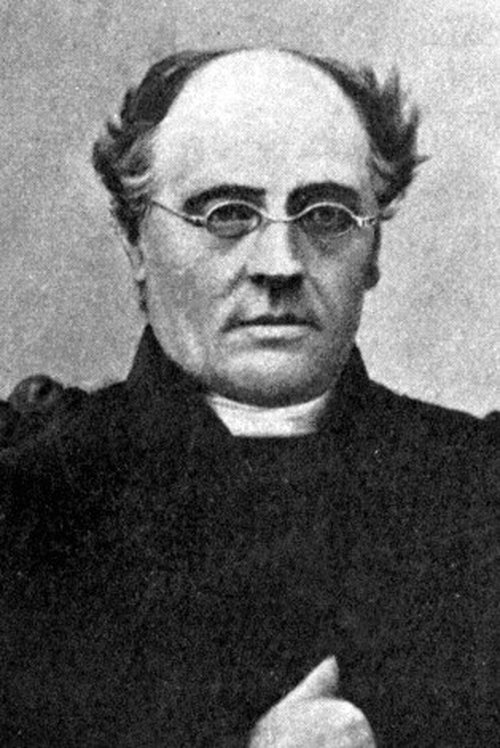Johan Ludvig Runeberg (5 February 1804 – 6 May 1877) was a Finnish priest, lyric and epic poet. Writing exclusively in his native Swedish, he is considered a national poet of Finland. He is the author of the lyrics to Vårt land (Our Land, Maamme in Finnish) that became the unofficial Finnish national anthem. Runeberg was also involved in the modernization of the Finnish Lutheran hymnal and produced many texts for the new edition.
Runeberg's main works included the idealist poem "Älgskyttarna" (Elk Hunters, 1832) and the epic Kung Fjalar (King Fjalar, 1844). The heroic poem Fänrik Ståls Sägner (The Tales of Ensign Stål, Vänrikki Stoolin tarinat in Finnish) written between 1848 and 1860 is considered the greatest Finnish epic poem outside the native Kalevala tradition and contains tales of the Finnish War of 1808–09 with Russia.
More »
